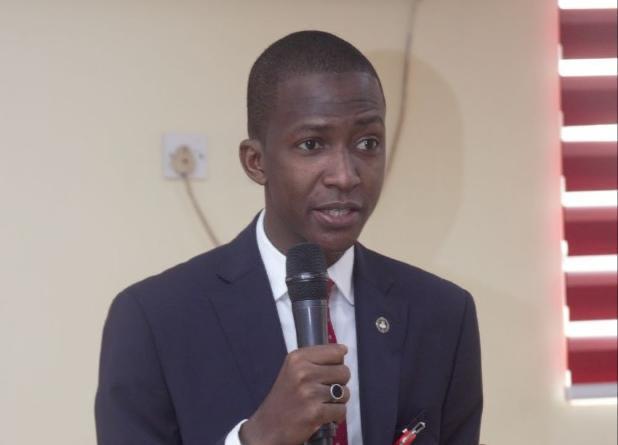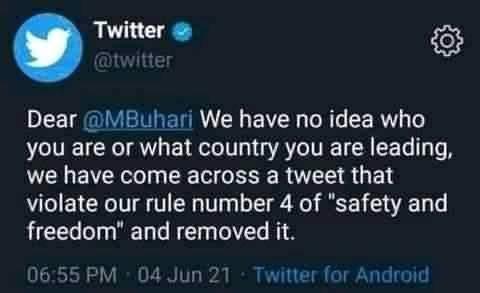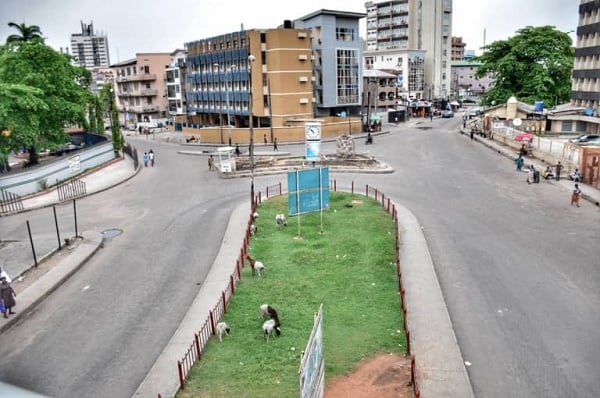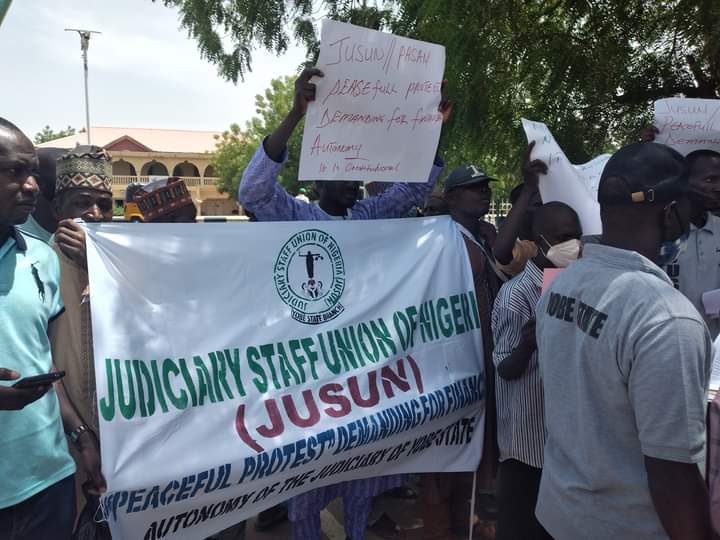Abdulrasheed Bawa, chairman of the Economics and Financial Crimes Commission (EFCC), says illicit financial operations deprive the country of resources needed for development.
Bawa stated this on Wednesday at a conference organised by the Civil Society Legislative Advocacy Centre (CISLAC), in Abuja.
The conference was focused on addressing corruption and illicit financial flows (IFFs), especially with cases involving international companies and foreign countries.
According to the EFCC chairman, the methods deployed by perpetrators and their foreign accomplices to hide illicit funds include, chain of ownership, nominee shareholding, trusts, and anonymous ownership.
Advertisement
He added that countries need to be more transparent on transactions involving illicit funds.
“The IFFs in Nigeria are perpetrated by corrupt leaders and their foreign accomplices and multinational companies. The situation we have seen in Nigeria is that corrupt government officials and their private sector collaborators use fronts and ownership structures that do not provide sufficient information about the true identities of the natural persons behind the title to hide illicit money and transfer the same to safe havens in foreign jurisdictions,” he said.
“The real problem is not just about anonymity, but the lack of transparency on the part of the countries where these monies are held, to the countries where these monies are stolen from.
Advertisement
“In Nigeria, we see a case in which influential officials use their positions to pilfer government resources and extract maximum rent from the country’s mineral resources with minimum or no benefit to the citizens.
“In practical terms, billions of dollars are lost annually in royalties and fees for licences which politically-connected individuals appropriate to themselves using fronts and secret ownership arrangements. This deprives the federal government of huge amounts of monies needed for development.”
Bawa, however, maintained that the commission is committed to tackling illicit financial flows in the country.
“We at the EFCC are fully committed to supporting efforts at curtailing IFFs in Nigeria. We shall continue to enforce the laws as provided in our Act and ensure that the regulatory agencies in the country do the same,” he said.
Advertisement
Add a comment






